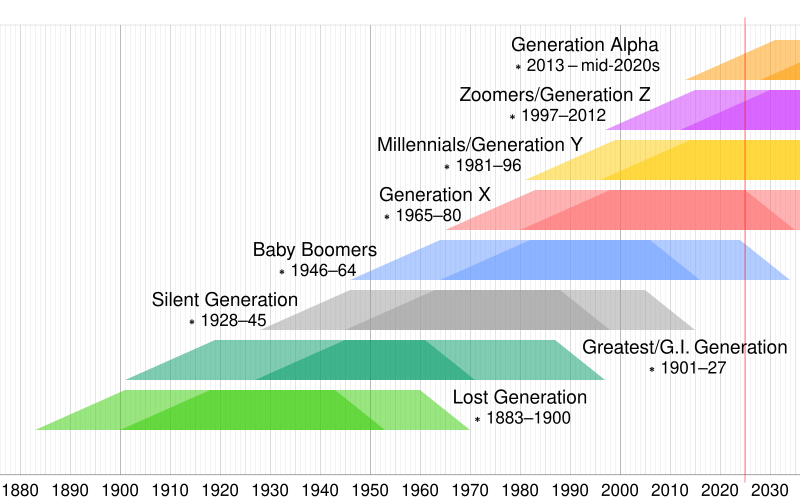The Importance of Gen Z Years in Modern Society

Introduction
As the newest generation to emerge onto the global stage, Generation Z, or Gen Z, comprises individuals born roughly between the mid-1990s to the early 2010s. This cohort is now entering adulthood and making their mark on various aspects of society, from technology and social movements to the economy and the workplace. Understanding the characteristics, influences, and behaviours of Gen Z is crucial for organisations, educators, and society at large, as they represent a significant force for change.
Defining Characteristics of Gen Z
Gen Z is often characterised by their digital nativity, having grown up with technology and the internet as a quintessential part of their lives. They are adept at using smartphones and social media platforms, which significantly affect their interactions, learning styles, and consumer behaviours. According to a survey conducted by Pew Research Centre, over 95% of Gen Z members own a smartphone, making them the most connected generation in history. This tech-savvy nature is closely tied to their identity, with many expressing their thoughts and creativity online through various mediums.
Social and Political Engagement
Another notable aspect of Gen Z is their strong sense of social justice and political activism. Many within this generation are vocal supporters of climate action, racial equity, and mental health awareness. They are more likely to participate in protests and advocate for policy changes, often using social media as a platform to mobilise and educate others. Recent events, such as the Black Lives Matter movement and climate strikes led by young activists, highlight the impact and engagement of Gen Z on significant global issues.
Challenges Faced by Gen Z
While Gen Z shows remarkable strengths, they also face unique challenges. The COVID-19 pandemic has profoundly affected their education and mental health. Many found themselves navigating online schooling, leading to a sense of isolation and increased anxiety. Additionally, as they enter the workforce amidst economic uncertainty, they encounter obstacles related to job security and financial stability. According to the World Economic Forum, Gen Z is expected to adapt to a rapidly changing job market characterised by technological advancements and a demand for new skills.
Conclusion
In conclusion, the Gen Z years are essential for understanding the future direction of society. Their unique experiences shaped by technology, social engagement, and economic challenges provide valuable insights into the evolving landscape of human interaction and labour. As this generation continues to mature and assert their influence, it becomes vital for organisations and policymakers to consider their perspectives and needs. Embracing the values and aspirations of Gen Z will be significant in fostering a more inclusive and progressive society.








